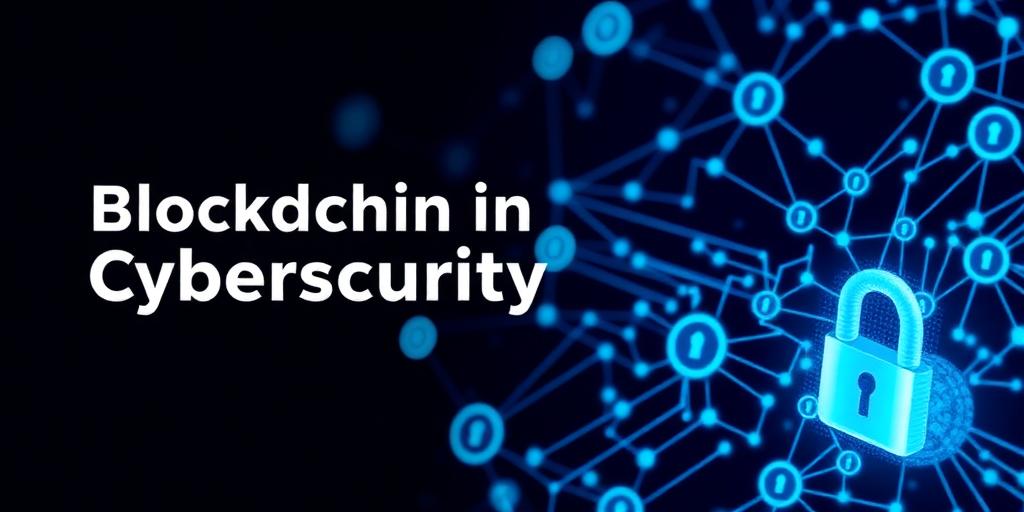The Role of Blockchain in Cybersecurity
Blockchain technology, primarily known for its use in cryptocurrencies, offers unique capabilities that can significantly enhance cybersecurity. Its decentralized and immutable nature provides solutions to many challenges faced by traditional security systems.
Understanding Blockchain
At its core, blockchain is a distributed, decentralized, public ledger that records transactions across many computers. Each transaction is verified and grouped into a "block." Each block is then cryptographically linked to the previous block, forming a chain. This structure makes it extremely difficult to alter or tamper with any part of the blockchain.
How Blockchain Enhances Cybersecurity
- Data Integrity: Once data is recorded on a blockchain, it cannot be altered or deleted. This immutability ensures that the data remains consistent and verifiable over time.
- Decentralization: By distributing data across multiple nodes, blockchain eliminates the single point of failure that is common in centralized systems. If one node is compromised, the rest of the network remains secure.
- Transparency: All participants can view the blockchain and verify transactions, providing a high level of transparency. This transparency helps in detecting and preventing fraudulent activities.
- Enhanced Authentication: Blockchain can be used to create secure and tamper-proof digital identities. Each user can have a unique identifier stored on the blockchain, making it difficult for attackers to impersonate or gain unauthorized access.
- Secure Data Sharing: Blockchain enables secure and efficient data sharing between parties. Each participant can control who has access to their data and can track all interactions with it.
Use Cases in Cybersecurity
- Supply Chain Security: Blockchain can be used to track products and components throughout the supply chain, ensuring that they are authentic and have not been tampered with.
- IoT Security: Securing Internet of Things (IoT) devices is a major challenge. Blockchain can provide a secure and scalable infrastructure for managing and authenticating IoT devices.
- DNS Security: Blockchain can be used to create a decentralized domain name system (DNS) that is resistant to censorship and DDoS attacks.
- Secure Voting Systems: Blockchain can ensure the integrity and transparency of online voting systems, making it more difficult to commit voter fraud.
Challenges and Limitations
While blockchain offers many benefits for cybersecurity, it is not a silver bullet. Some challenges and limitations include:
- Scalability: Blockchain networks can be slow and have limited transaction throughput.
- Complexity: Implementing and managing blockchain-based security solutions can be complex and require specialized expertise.
- Regulation: The regulatory landscape for blockchain is still evolving, and there is uncertainty about how blockchain-based security solutions will be regulated.
Conclusion
Blockchain technology has the potential to revolutionize cybersecurity by providing a more secure, transparent, and decentralized infrastructure. While there are challenges to overcome, the benefits of blockchain for cybersecurity are significant and should be explored further.









